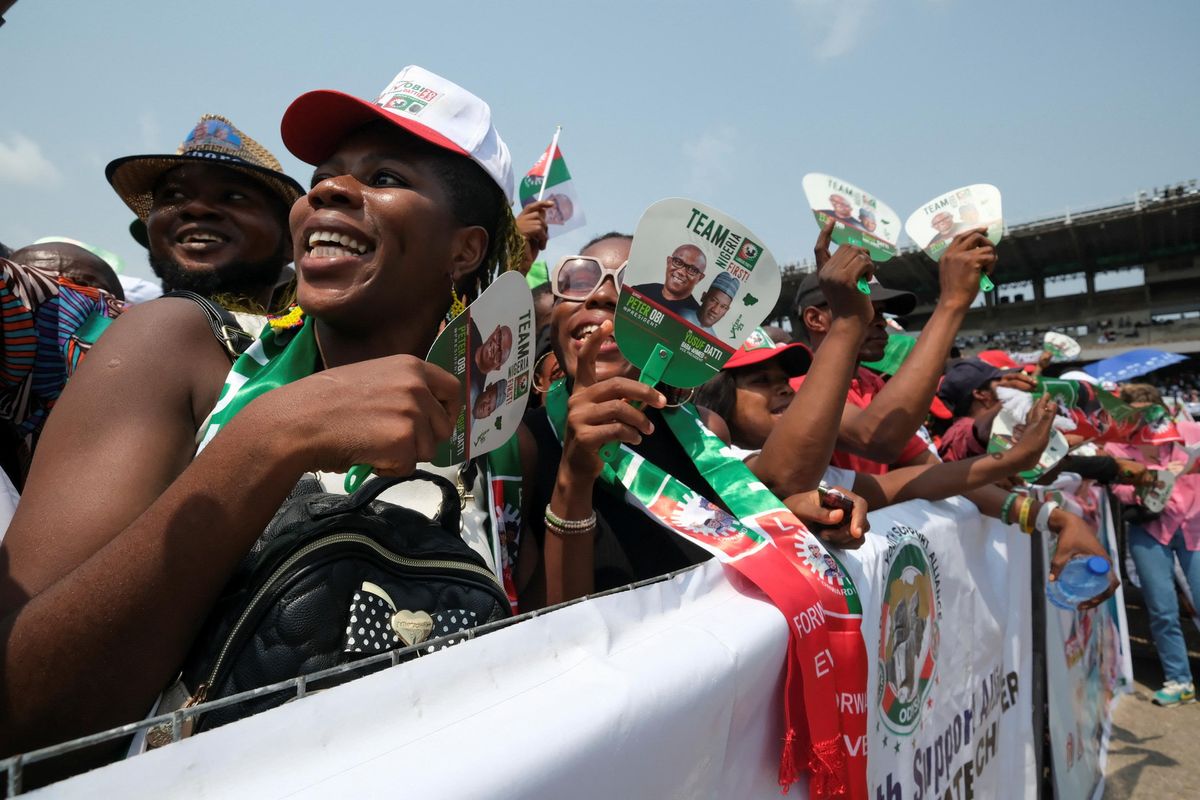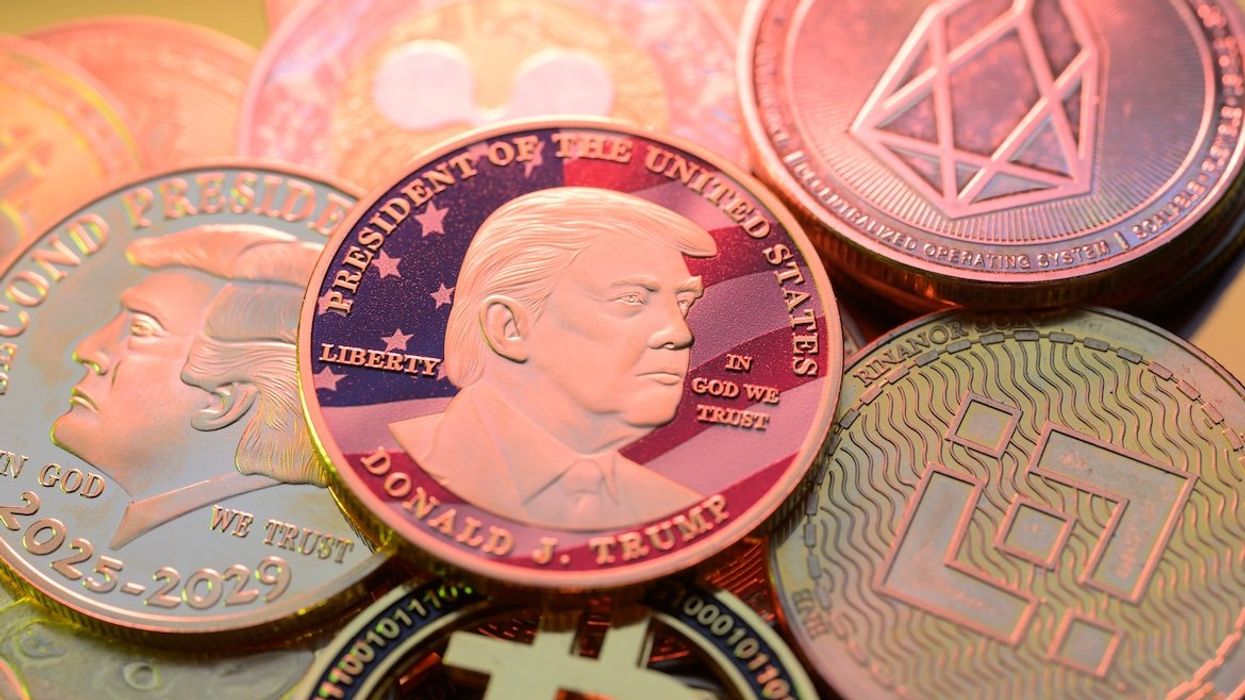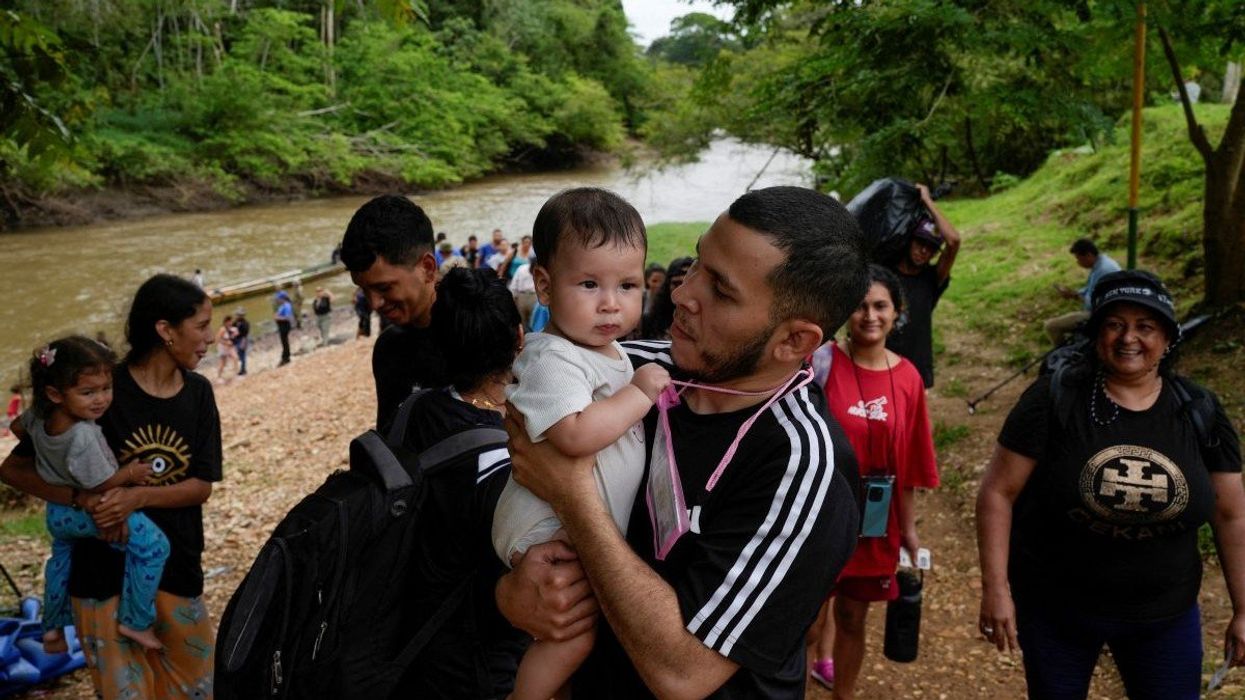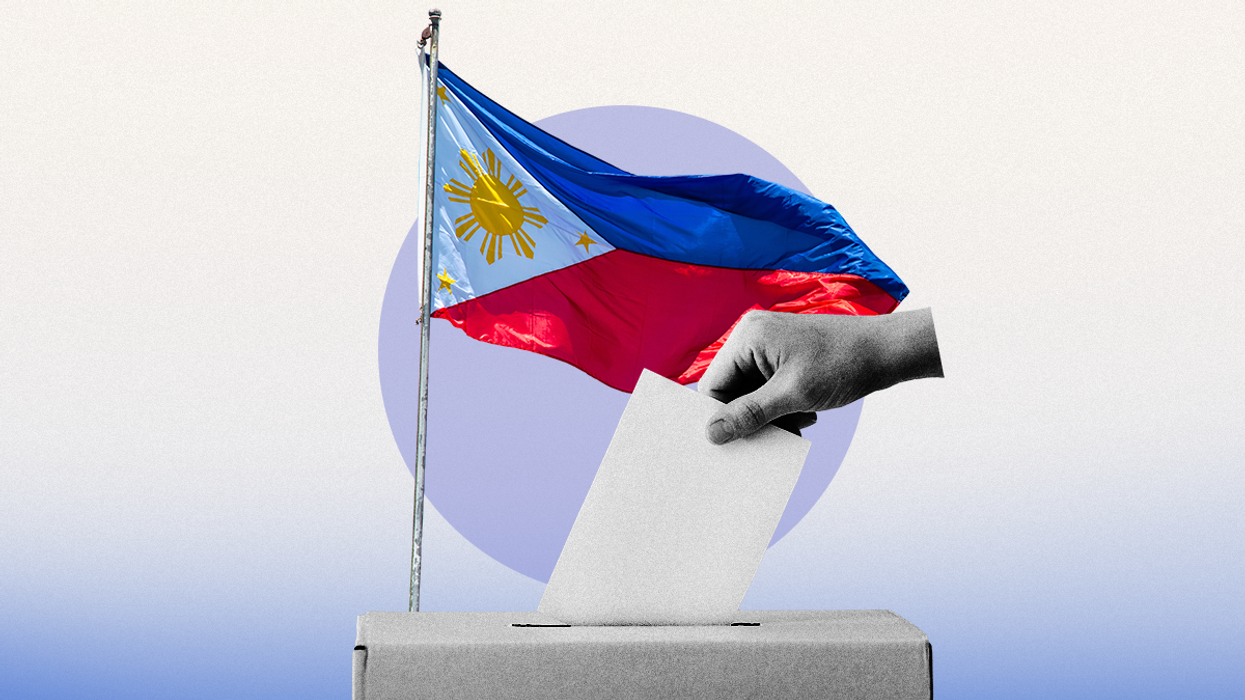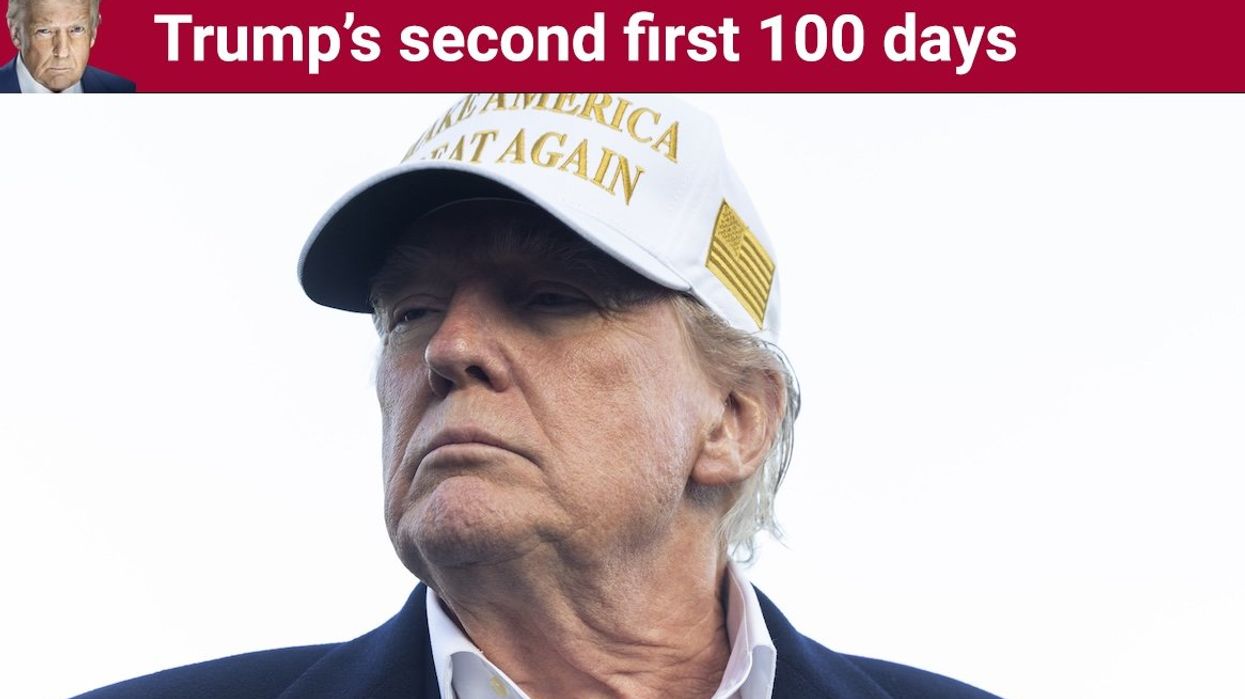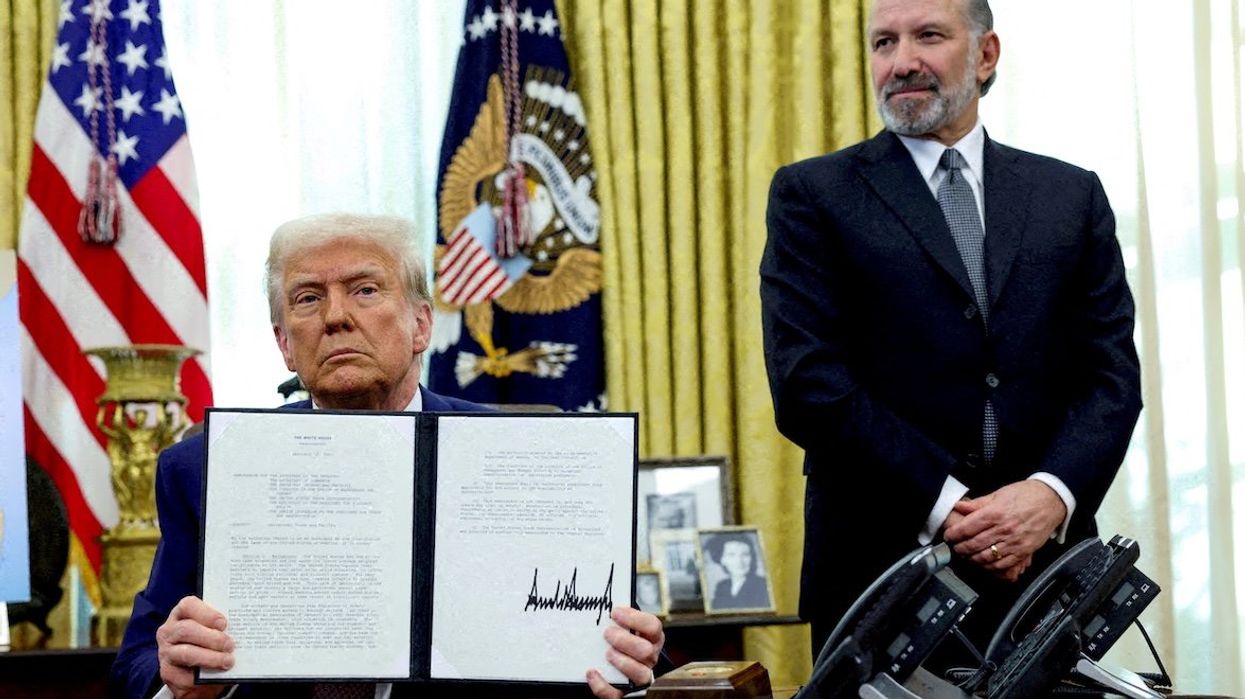With less than two weeks until election day on Feb. 25, three leading candidates are locked in a tight race to be Nigeria’s next president. Bola Ahmed Tinubu of the ruling All Progressives Congress and Atiku Abubakar of the main opposition People’s Democratic Party have the backing of powerful get-out-the-vote operations. But Peter Obi of the Labour Party — who has promised to overhaul the country’s politics and create a “new Nigeria” — is leading several voting-intention surveys conducted in the run-up to the vote.
What does this all mean for the election outcome and the prospect for solutions to the country’s social and economic problems? We asked Eurasia Group expert Amaka Anku for her thoughts.
Why is Obi performing so strongly?
Nigerians are frustrated over decades of underinvestment in infrastructure (including roads and electricity), education, and healthcare – all the things that make an economy competitive and create inclusive growth. Their frustrations are directed at the political establishment represented by the major political parties, the PDP and the APC, that have run the country since the transition to democracy in 1999. They hope that Obi can break the cycle of underinvestment and poverty.
Why deposit this hope in Obi?
There are several reasons for this. Obi is a relative newcomer to Nigerian politics compared to either Tinubu or Atiku. He entered politics in the early 2000s whereas both Atiku and Tinubu have been heavily involved in Nigerian politics since prior to the transition to democracy.
Obi is also a Christian from the south of the country, which gives his candidacy a unique potency at the moment. Nigeria has a tradition of rotating the presidency between the largely Muslim north and the largely Christian south. Current President Muhammadu Buhari is a northern Muslim, so according to this custom, the next president should be a southern Christian. Yet the main opposition PDP chose Atiku, a former vice president and a Muslim, as its nominee. That has split the opposition vote in the south. And the APC chose Tinubu, a southern Muslim as its presidential nominee, and a northern Muslim as the party’s vice-presidential candidate, creating the first Muslim-Muslim ticket since 1999. That has alienated Christian communities across the country. So, for those who want to ensure strong Christian representation in the presidency, Obi fits the bill.
Do you think Obi can prevail against the establishment?
Obi is leading in the polls, but it’s important to note the country doesn’t have a long history of polling and modeling voter turnout. So, it’s hard to know how surveys of voter intentions will translate into actual votes. Obi’s Labour Party doesn’t govern any states or control any legislatures. You need to have people in every community, in every village who are going to knock on doors and provide people with water, food, and whatever else is needed to get their votes. This is where the APC and PDP have a huge advantage. Another big weakness of Obi’s candidacy is that his support is primarily concentrated in the south, and Nigerian election law requires winners to meet certain vote thresholds across the country’s 36 states. Given all this, I think one of the two establishment candidates will win the election.
What are the biggest issues for voters?
The economy and security. Nigeria has experienced two recessions since 2015, unemployment is more than 30%, and there is widespread underemployment. Serious military operations against the Boko Haram terrorist group in the northeast of the country have reduced the threat it has posed since 2015. But the criminal groups in the northwest have grown stronger and more active over the last six years, fighting among themselves, attacking local communities, and kidnapping people for ransom.
What does the next president need to do to address these problems?
There are two critical things. First, you have to raise tax revenue. At just about 6% of GDP, federal tax revenue is far below the average for sub-Saharan African countries of about 18%, let alone the much higher levels of the industrialized nations of the OECD. Without money, you can’t invest in a more professional police force. You can't invest in better infrastructure that will enable businesses to thrive. You must create and communicate a new national vision and get enough people to buy into it so that they will want to pay taxes. Second, you must have a strong bureaucracy to spend the money you raise effectively.
Do you think these presidential candidates can address these challenges?
Both Atiku and Obi have focused a lot more on reducing Nigeria's debt and cutting inefficient government spending. But although you can always redirect any government’s spending in more efficient ways, I think raising revenue is by far the more urgent problem for Nigeria. If you look at Nigeria’s total government spending, it’s already far below that of its peers in sub-Saharan Africa. Tinubu has done a better job talking about revenue generation because he has a record of addressing this issue in Lagos. But I think he would struggle with articulating a clear vision and getting Nigerians to support it because, if he wins, a lot of people will feel cheated. Those who wanted change may feel alienated with the same party in power for another eight years.
So, it sounds like you’re pessimistic ...?
Not necessarily. I mean, the challenges are great, yes, but I do believe there’s never been a greater sense of urgency to address some of the population’s needs. One clear example of this is the emerging consensus on removing the fuel subsidies that cost Nigeria almost $10 billion last year. That's $10 billion that wasn't spent on healthcare, education, or roads. I think the massive protests against police violence in 2020 and other signs of mounting discontent have convinced the political class that if it doesn’t make some fundamental changes, it could have serious governance challenges on its hands in the future.
